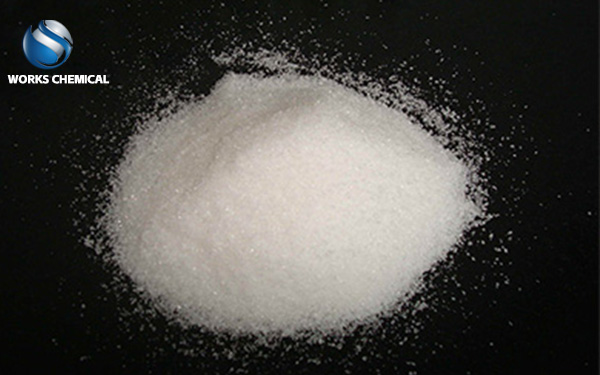
Compared with common dehydrating agents on the market, there are the following significant differences:

1. Main components and functional differences
Main ingredients of sludge enhancer: inorganic compounds, sludge surface structure modifier, degreaser, wall breaking agent, sludge surface treatment agent, sludge stripping agent, etc.
Function: It can change the surface structure of the sludge, reduce the solid surface load and specific surface area of the sludge, destroy the bacterial structure, so as to achieve the deep dehydration of the sludge.
Common dehydrating agents on the market
Category: including polyacrylamide, polyaluminum chloride, ferric chloride, lime, etc.
Function: Although these dehydrating agents also have a certain sludge dewatering effect, there are usually problems such as large use, strong corrosion to equipment, and incomplete dehydration.
2. Dehydration effect and efficiency
Dewatering effect of sludge enhancer: The sludge conditioned by the sludge enhancer can be deeply dewatered by the plate and frame filter press, and the moisture content can be effectively reduced to 35%~55%.
Efficiency improvement: Improve the mud press efficiency of the plate and frame filter press, and greatly shorten the mud press cycle.
Common dehydrating agents on the market
Dehydration effect: Although it can also reduce the moisture content of the sludge, the effect is usually not as significant as that of the sludge synergist, and it is prone to incomplete dehydration.
Efficiency: Due to the corrosiveness of the equipment and the blockage of the filter cloth, the dehydration efficiency may be reduced.
Third, the impact on the equipment
The sludge synergist is not corrosive to the equipment: the sludge conditioner does not contain chloride ions, and has no corrosion effect on the dewatering equipment.
Non-stick filter cloth: reduce the frequency of dewatering equipment filter cloth replacement, saving operating costs.
Common dehydrating agents on the market
Strong corrosive to the equipment: some dehydrating agents such as lime, etc., may cause serious corrosion to the dehydration equipment.
Easy to block the filter cloth: some dehydrating agents are easy to block the filter cloth during use, affecting the dehydration effect and equipment operation efficiency.
Applicability and economy
Wide applicability of sludge enhancer: widely used in life, printing and dyeing, paper making, electroplating, chemical industry, leather and other industries of sludge dewatering disposal.
Economy: The dosage of medicine is small, the cost is low, and the price is high.
Common dehydrating agents on the market
Applicability: Although it is also suitable for dewatering a variety of sludge, it may need to be adjusted and optimized according to different sludge types and characteristics.
Economy: Some dehydrating agents such as polyacrylamide, etc., have high cost of use, and there are waste and loss problems in the use process.
In summary, sludge synergists have shown significant advantages in the main composition and function, dehydration effect and efficiency, impact on equipment, applicability and economy. These advantages make sludge enhancers have wider application prospects and higher market competitiveness in the field of sludge dewatering treatment.